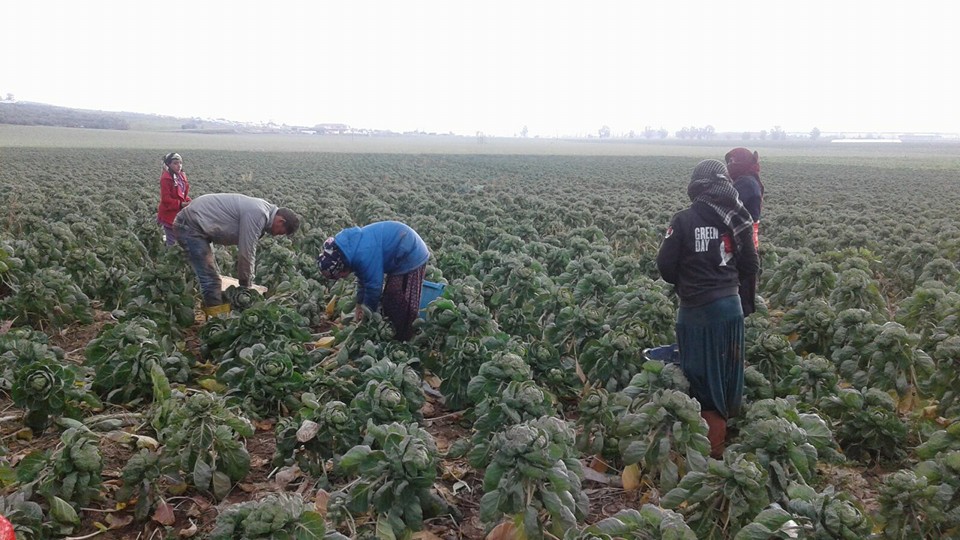
by Dilan Taşdemir, Association of Bridging People
** Türkçe aşağıda – Turkish version below **
İzmir, a city where 120,000 registered refugees live, has a lot of meaning for refugees. For some, it is a stop on their way to Europe when passing over by boats, for others, it is a city they come to in order to find seasonal work on the fields.
Seasonal agricultural labor in Turkey is not an issue that started with Syrian refugees. For years, Kurdish workers, mostly coming from the east and southeast of Turkey, have been working in agricultural areas in the Aegean, Çukurova, at the Black Sea and in Central Anatolia. There have been dozens of academic studies, news and documentaries on this issue, and it is still being studied today. In every respect, seasonal agricultural labor is a great burden to workers and must be considered as injustice. Continue reading Seasonal Agricultural Labor in Turkey: The Case of Torbalı
